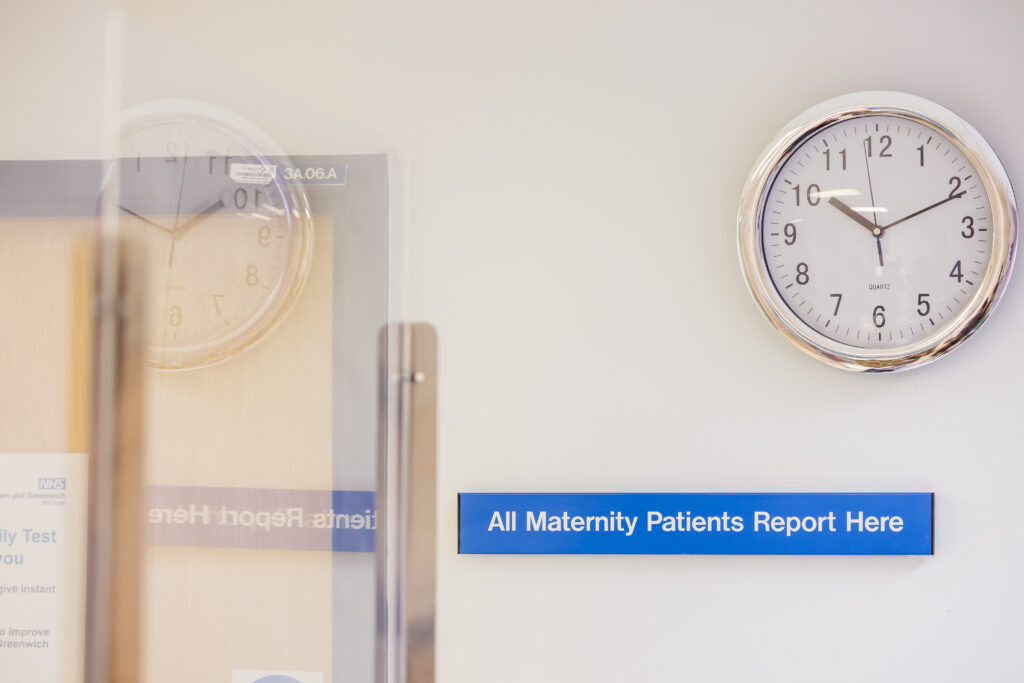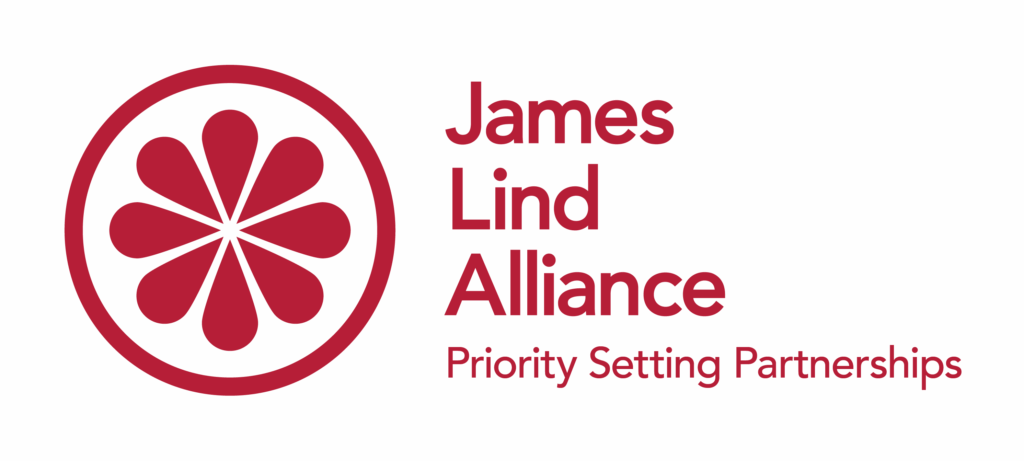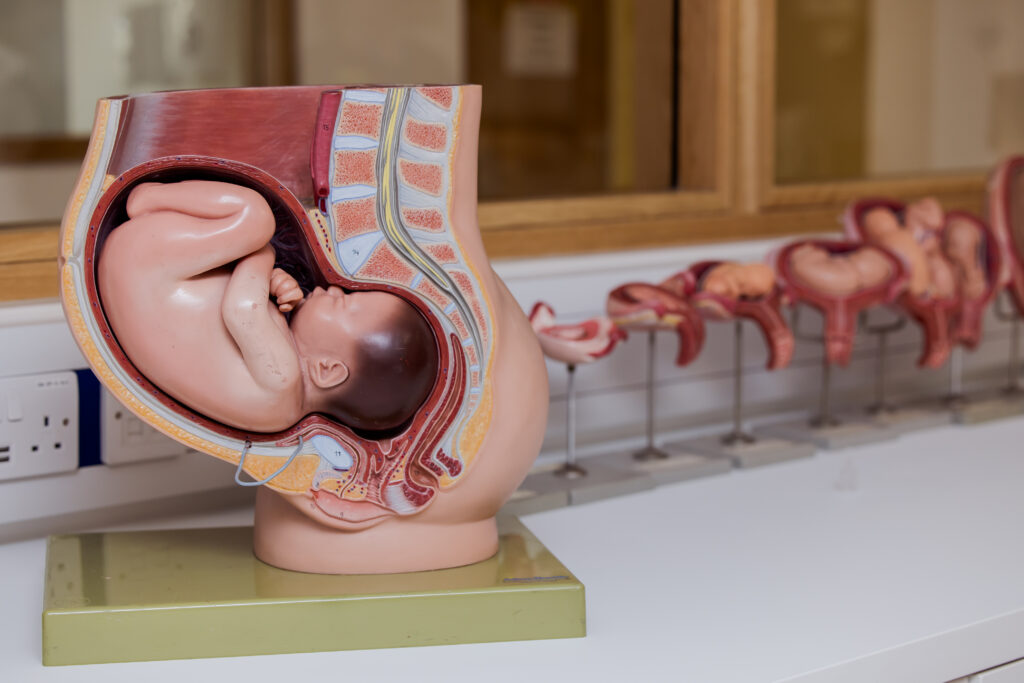The Stillbirth Priority Setting Partnership (PSP) is seeking UK-based parents, professionals, and individuals affected by stillbirth to help them shape the future of stillbirth research.
The Stillbirth PSP recently asked individuals affected by stillbirth to share the most important unanswered questions about:
- The causes of stillbirth
- Care and information for mothers during pregnancy that might help prevent stillbirth
- Any new tests that need to be developed to prevent stillbirths
- Clinical testing that might help us better understand causes of stillbirth
- The impact of stillbirth and how a stillbirth is managed in terms of bereavement and postnatal care
- Care in pregnancies after stillbirth

Whilst in the UK stillbirth is legally defined as the death of a baby after 24 weeks, for this project, the PSP have defined stillbirth as the death of a baby after 20 weeks of pregnancy or within the first 24 hours of life due to the similarity of underlying causes and the significant impact on families. Following this survey, they have grouped the 1,261 suggestions into a shorter list of summary questions, and removed any which have already been answered by research.
Now, the PSP are looking for people to help prioritise the shortlist of 79 questions. They are asking UK-based maternity professionals, parents, and individuals affected by stillbirth (as defined by the terms above) to vote for the 10 most important research questions. The second prioritisation survey page was launched on the 8th September and is envisaged to run until the 10th October 2025.
Follow the links below to learn more about the survey and take part to help shape the future of stillbirth research.



